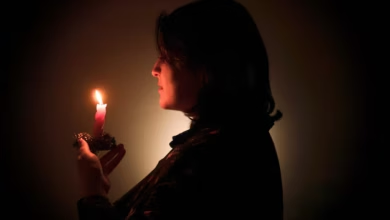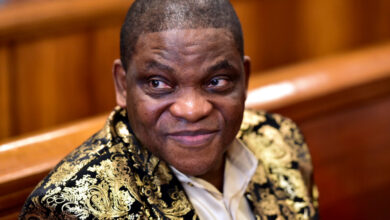10 Important Facts To Note About Freedom Day

10 Important Facts To Note About Freedom Day. Apartheid ‘officially’ began in South Africa in 1948, but colonialism and oppression of the African majority had plagued South Africa since 1652. On 27 April 1994, the nation finally cast its vote in the first democratic election in the country. Freedom Day honors all of the progress made since the historic 1994 elections, when, South Africa held its first post-apartheid elections. The elections granted citizens, regardless of their race an equal opportunity to vote for their national leaders.
1. Freedom Day is an annual celebration of South Africa’s first non-racial democratic elections of 1994.
2. The election was won by Nelson Mandela, who became the first Black democratically elected president of the country.
3. For the majority of South Africans who had never voted before their dignity was restored and the country transformed to a non-racial, non-sexist and democratic society.
4. Freedom Day is part of the twelve public holidays determined by the Public Holidays Act (No. 36 of 1994). On the first commemoration of the holiday, President Nelson Mandela addressed Parliament.
5. Celebrating this day and practicing democracy helps South Africa on the journey to achieving United Nations’ Global Goal 16 for peace, justice, and strong institutions.
6. While today the country still has historical wounds to heal, it’s important to use this one day of the year to celebrate the moment it became a rainbow nation.
7. Many families might have a special meal or a braai (barbecue) to commemorate the day. There might also be local parades and street parties to mark the day.
8. Some people commemorate Freedom Day by visiting places that honour the struggle to democracy in South Africa. These places include Robben Island, where Nelson Mandela was held as a political prisoner for many years.
9. This year’s Freedom Day celebrations will be held under the theme, ‘The year of Charlotte Maxeke: The meaning of freedom under COVID-19’.
10. This year’s commemoration marks 27 years of freedom and democracy since South Africa’s first non-racial democratic elections in 1994.




